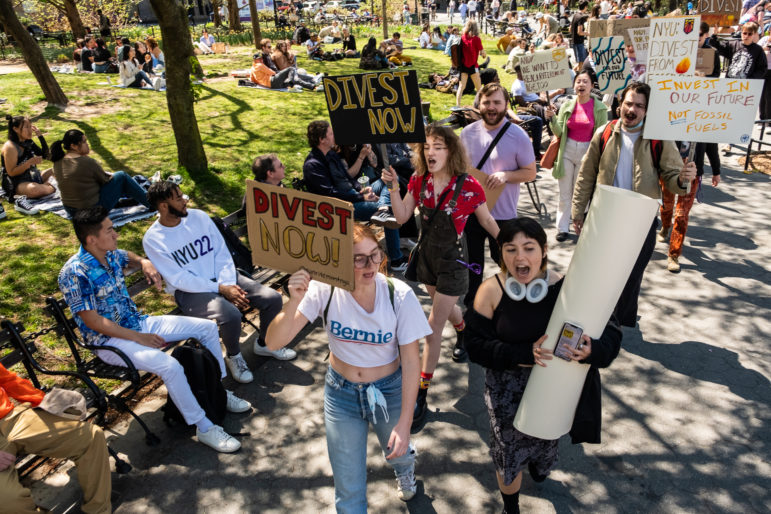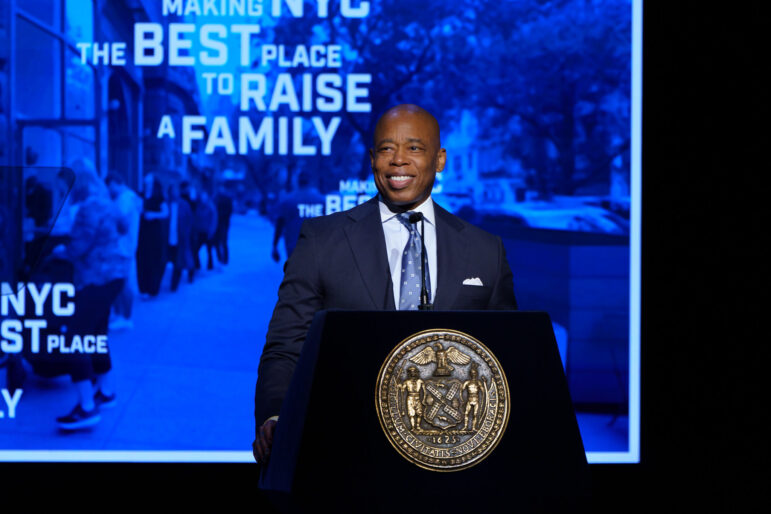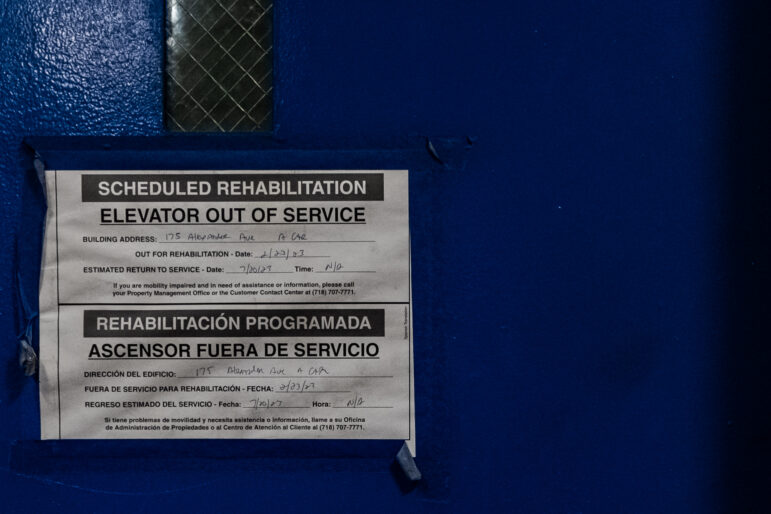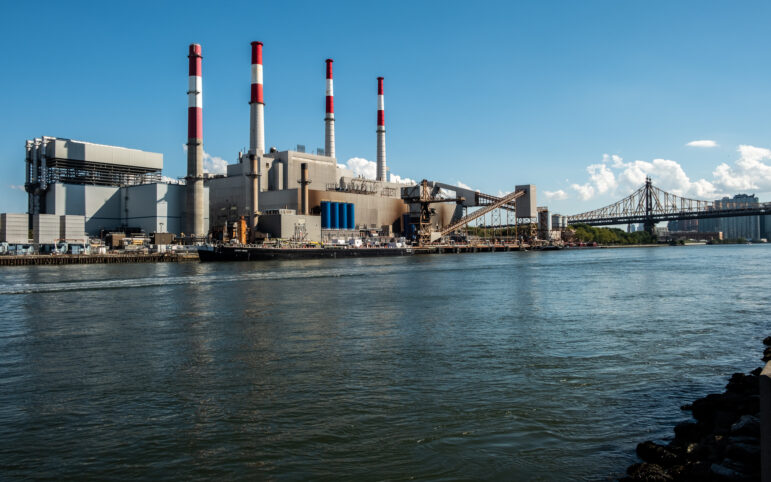When Mayor Michael Bloomberg opted to temporarily suspend recycling last summer, city environmentalists were distraught. After years of using public education to combat human inertia, they were sent back to square one. But those activists were celebrating last week, as the city revealed plans for an unprecedented 20-year contract for glass, plastic, and metal recycling.
“This is a dramatic and very exciting change,” said James Tripp, general counsel for Environmental Defense, a national nonprofit. “The city is now looking at container recycling more from a business investment point of view than a waste-handling perspective.”
He and other advocates City Limits spoke with were thrilled that the city is moving away from its longstanding practice of issuing short-term contracts and toward a more permanent plan. They say the terms of the new contract will likely necessitate a new, high-tech facility, which could ultimately help reduce landfill waste, generate new jobs and draw end-use manufacturers to the city.
The Department of Sanitation’s request for recycling proposals, announced August 19, comes on the heels of a scathing May report by City Comptroller Bill Thompson, questioning the department’s assessment of recycling as a money pit. The Bloomberg administration suspended recycling of glass and plastic on the premise that it would cut millions of dollars out of that agency’s ballooning budget.
On the contrary, Thompson found that a full reinstatement of the recycling program could save the city $16 million in 2004. He discovered that the average cost of recycling is approximately $20 per ton compared to a refuse disposal price tag of $108 per ton.
Meanwhile, supporters say, there’s another major benefit to recycling: jobs. Visy Paper, which since 1995 has held a comparable 20-year contract to process the city’s waste paper, employs 115 workers in Staten Island and recently announced plans to expand with a boxboard facility that will employ an additional 75 to 100.
Hugo Neu Schnitzer East, which currently holds the five-year city contract for metal and plastic recycling and intends to bid on the new contract, estimates that adding a new state-of-the-art processing plant to its existing site will bring 40 new jobs to Hunts Point.
But some locals say the expansion could have negative side-effects as well. “Right now we have an influx of trucks rolling down Lafayette Avenue, which is the most direct route to that facility,” said Paul Lipson, executive director of The Point, a nonprofit community development corporation that has helped revitalize the Bronx neighborhood.
Still, Lipson is encouraged by Hugo Neu’s willingness to work with its neighbors, and by the company’s assurances that it will rely on barges rather than trucks in the future. “They said they can resurrect recycling—that’s a green statement,” said Lipson. “We want to make sure their operations are green, too.”








